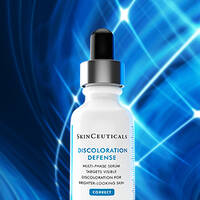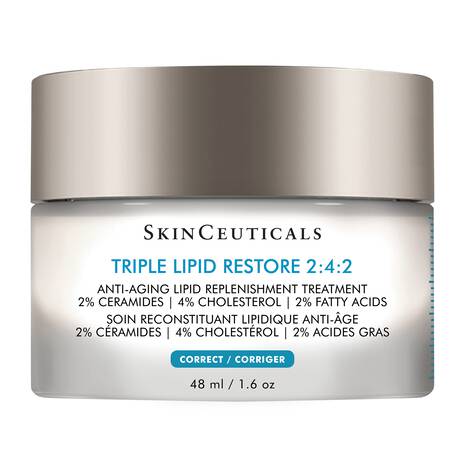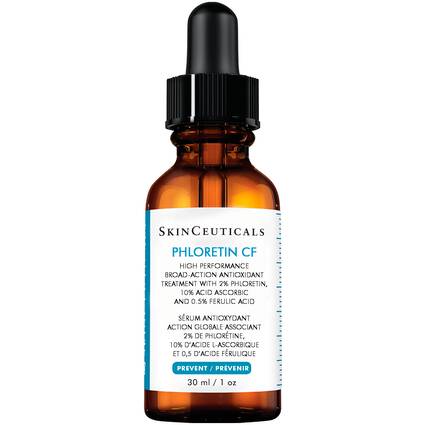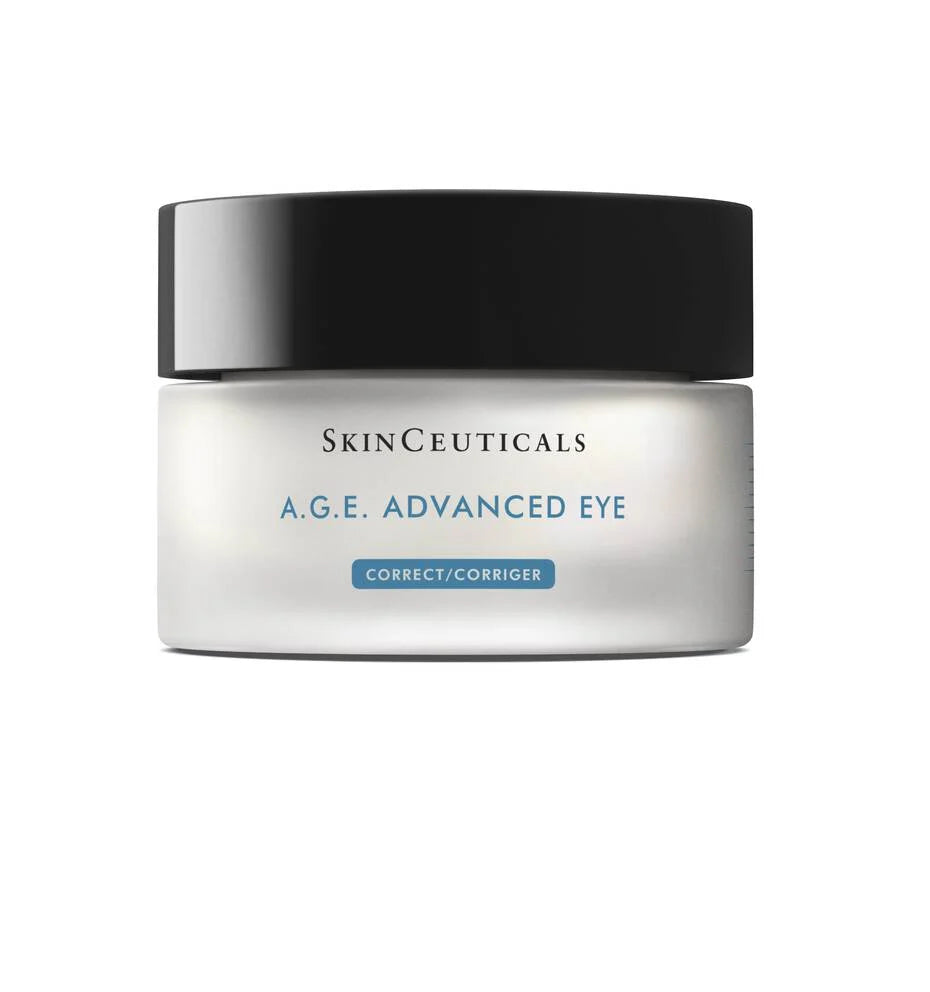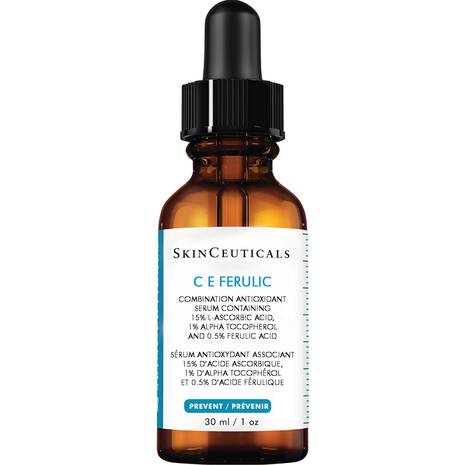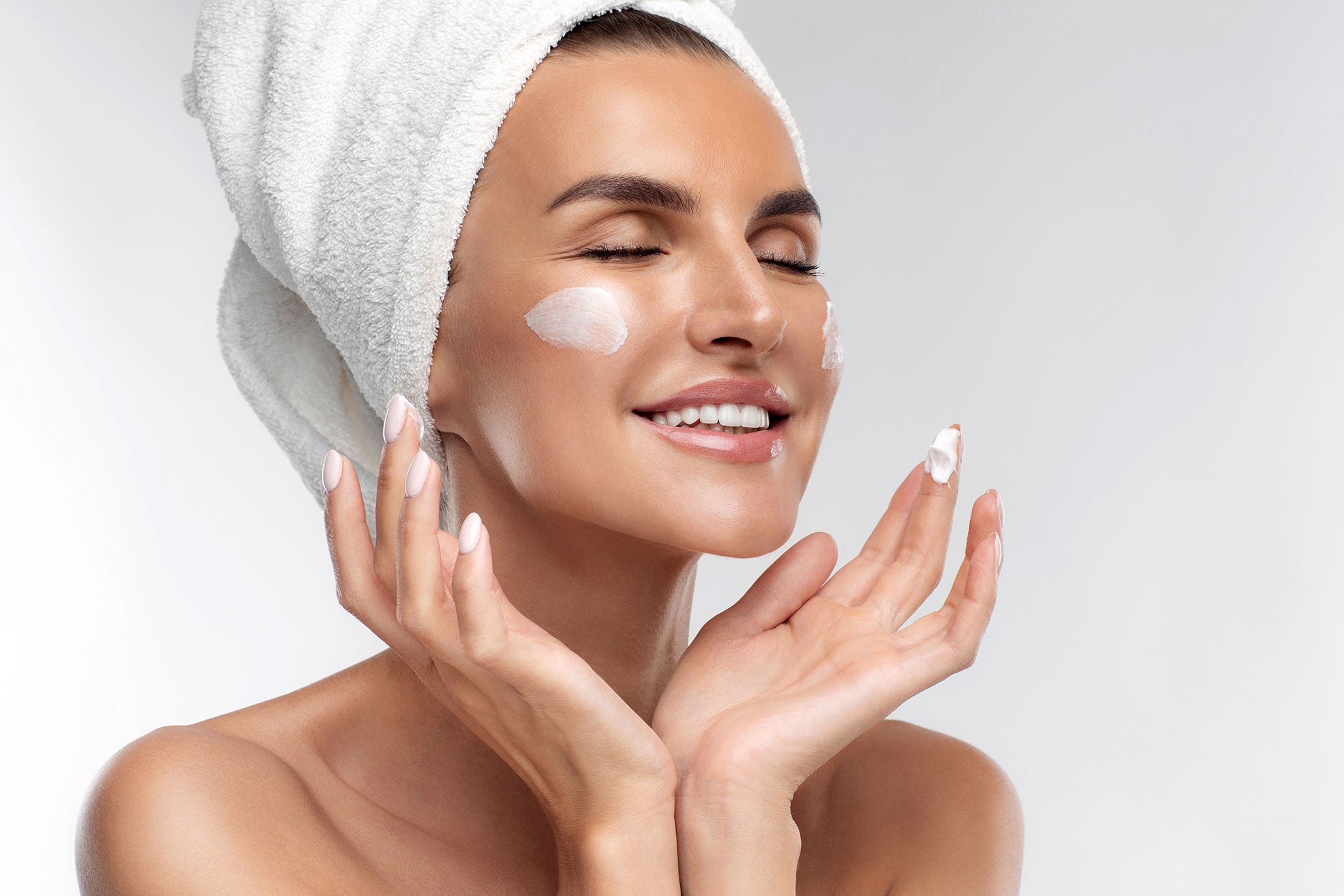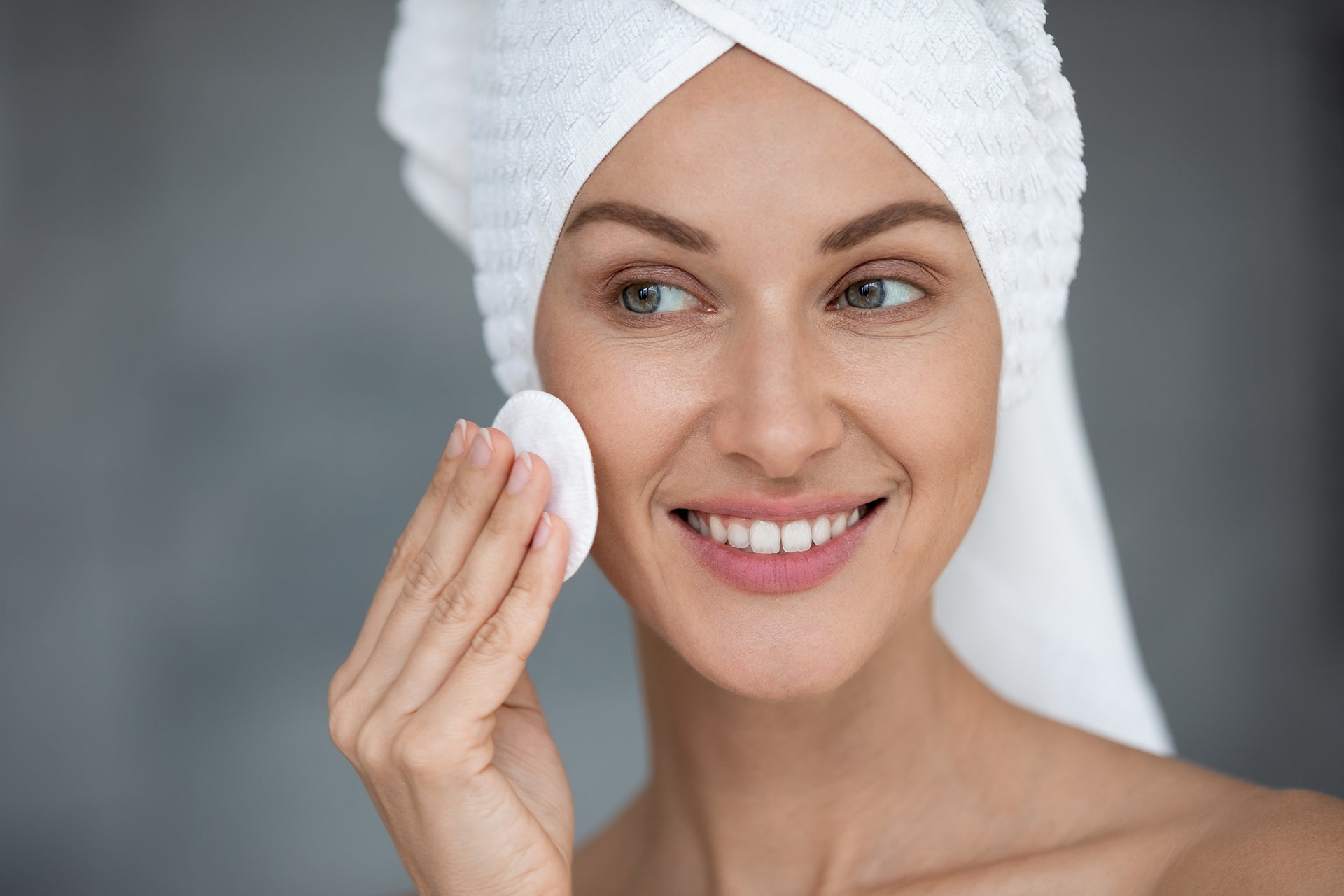Facial serums explained: What are they and how to use them?

Take the time to better understand facial serums.
Whether you're looking to give your skin a younger, cleaner look or reduce the signs of aging, there are many products that can help you do just that. However, Serums are in a class of their own.
What is a facial serum?
The serum is a cosmetic product that appeared about ten years ago among cosmetic manufacturers. A serum is a skincare product that you can apply to your skin after cleansing but before moisturizing, with the goal of delivering powerful ingredients directly into the skin. A serum is particularly suited to this task because it is made up of smaller molecules that can penetrate deep into the skin and deliver a very high concentration of active ingredients. It is a product more concentrated in active ingredients than a simple cream. Fluid, light, even liquid, it allows the ingredients to penetrate more deeply into the epidermis. The serum will act against a specific problem.
Are there different types of facial serums?
There are several types of serums, all of which serve slightly different skin care functions. Their concentration and liquid nature allow them to effectively penetrate the deepest layers of the skin, and moisturize or repair it, from the ground up. To choose the right serum for you, you need to identify the problem you want to treat on your skin. Wrinkles, redness, radiance... There are serums for all skin types and ages.For example, some facial serums can provide quick and complete hydration, but others can be very effective in brightening or regenerating the skin, etc. We advise you to choose a serum and a cream of the same brand and range, because the products are often designed to complement each other. Remember that you can use several serums at the same time, for instance, if you have dry skin and dark spots, choose a serum that boosts hydration and another that is anti-pigmentation, applying the smoother serum first and then the other.
Can I use a serum as a skin moisturizer?
Serums may be packed with moisturizing ingredients (hyaluronic acid, ceramides) that help the skin retain moisture, but they are not moisturizers in the traditional sense. Moisturizers are primarily designed to hydrate the skin by adding to and sealing in the natural moisture of the body. Although moisturizers often contain ingredients to target specific issues like aging or sun damage, their main role is to get hydration to the skin and keep it there. Facial lotions and creams are richer and create a barrier on the skin to keep all that good stuff in. The chemical composition or formula of a face serum depends on its intended use. Serums are formulated to penetrate deeply into the skin and address or even reverse the causes of aging and skin damage at the cellular level and are likely to contain more antioxidants, nutrients and vitamins that work to repair the structure of skin cells.
The many benefits of using face serums
Facial serums are intended for different purposes and as such, have different compositions and naturally offer different benefits. Designed to nourish, protect, and hydrate your skin, a face serum is usually a great next step after cleansing and before moisturizing.As such, facial serums are sometimes preferable to the best skin care, anti-aging or anti-acne products because the thick creams and heavy oils in some products sometimes slow down the effectiveness of their own active nutrients. With a serum the larger amounts of active molecules will penetrate the skin’s surface more effectively and typically lead to a shorter amount of time to see visible results. With facial serums there is nothing standing between your skin and their active ingredients.
Facial serums can offer extra hydration for your skin
Face serums can be useful for all skin types (such as oily skin or sensitive skin), as well as those of us with dry skin. Face serums are in a way better than moisturizers because they can penetrate deeper into the skin and moisturize it from within. Hydrating serums contain hyaluronic acid, a molecule that physically binds water in the skin to make it look fresh, plump, and younger. It also has the ability to temporarily minimize the appearance of fine lines. Face serums that offer extra hydration often contain essential fatty acids, ceramides amino acids that improve the skin's ability to retain moisture as well as strengthen the skin barrier and often contain vitamin B5, which helps to hydrate skin, making it appear smoother and more hydrated.
